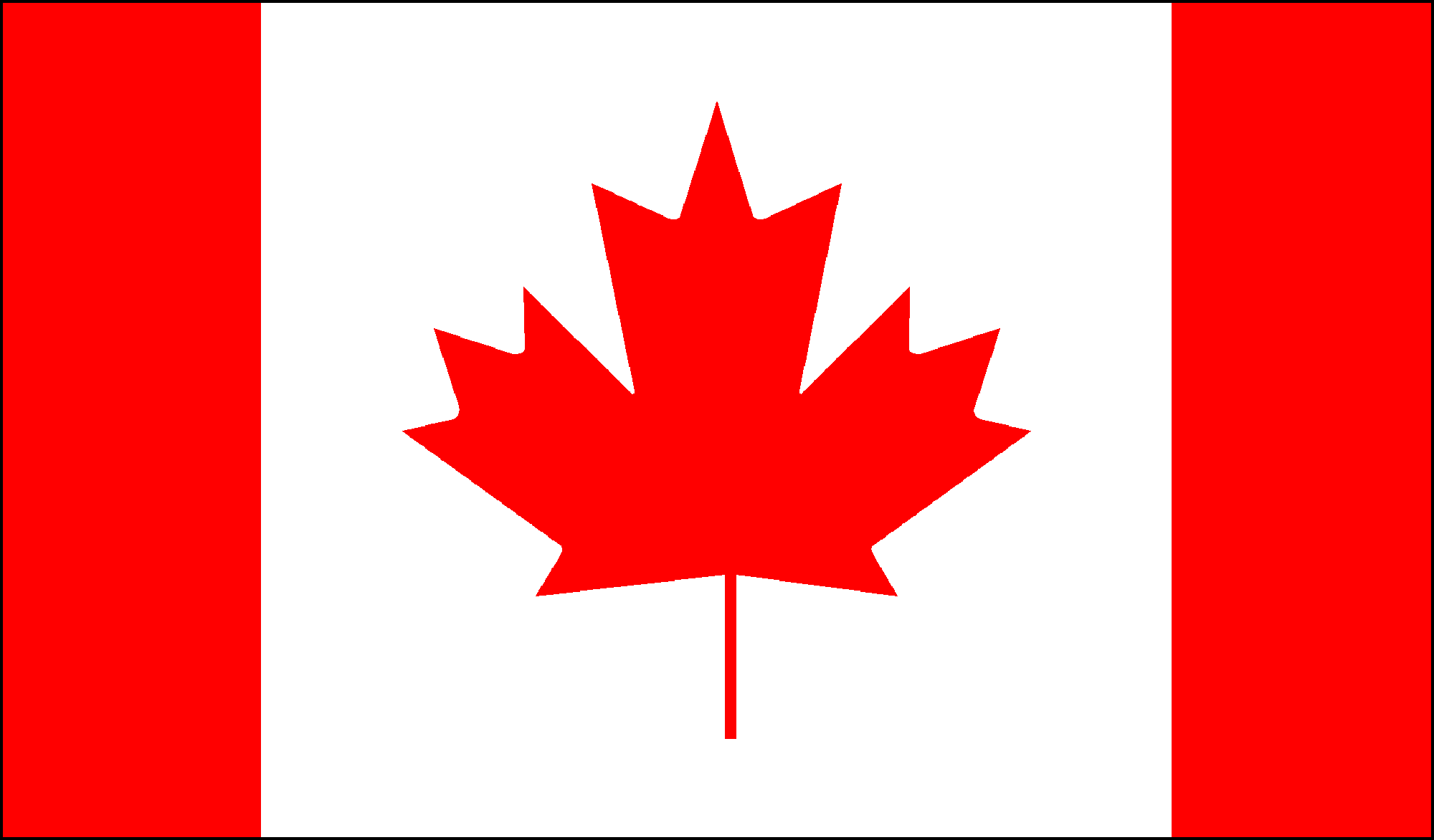
Express Entry is built on the Comprehensive Ranking System (CRS), which evaluates candidates based on their profile information. For calculated your score you need to take into account several requirement points:
- Skills and work experience.
- Education (including new rules for obtaining education in Canada). Knowledge of English/French.
- The availability of a job offer is supported by a positive labor market impact assessment (LMIA).
Availability of a provincial government program for permanent residence. Certain combinations of language skills, education, and work experience that result in a higher likelihood of an applicant being employed.
Canada has one of the most advanced immigration systems in the world – Express Entry. The program was launched in January 2015, the system was developed by the Canadian authorities to better align the skills of immigrants with the needs of the labor market.
How does the Express Entry Immigration System work?
However, this created an unmanageable backlog in ticket processing that took years. Express Entry has changed this. She put all candidates in a pool, each application of which is assessed according to the Comprehensive Assessment System (CRS).
A provincial program can significantly improve the CRS score for applicants. A key feature of the new Express Entry system is that applicants can increase their score while in the Express Entry pool (bucket) without submitting a new application. The so-called
Comprehensive Ranking System (CRS) evaluates a candidate based on the information in his/her profile.
These points allow candidates in the pool to be ranked against each other. Candidates receive points based on the following factors: Skills and work experience. Education (including new rules for obtaining education in Canada). Knowledge of English/French. The spouse also should demonstrate the language knowledge. The availability of a job offer is supported by a positive labor market impact assessment (LMIA).
Availability of a provincial government program for permanent residence. Certain combinations of language skills, education, and work experience that result in a higher likelihood of an applicant being employed. Express Entry Scoring Points in the Express Entry immigration system are distributed as follows:
- Total available: 1,200
- Provincial Programs: 600
- Senior Management Job Offer Supported by LMIA (National Professional Code 00): 200
- Other listed job offers supported by LMIA (NOC O, A, B): 50
- Three-year Canadian postsecondary education OR Master’s degree OR Professional degree OR Doctoral degree: 30
- Having 1 or 2 Years of Canadian Postsecondary Education: 15
- Other skills, work experience, education: 500
- Common Skills and Combinations: 100
Note: While this helps a lot, a job offer or provincial program is not a requirement. Since the introduction of this system, candidates with a total of 450 points have been invited to apply. The lowest passing score for Express Entry, which a candidate passed in 2018, is 438.
What you need to register in the Express Entry system You can register for Express Entry yourself
Firstly, you should prepare:
- Passport or international passport;
- The level of your profession in the NOC system (you need to find out what level your profession corresponds to in Canada according to the NOC occupation classifier);
- Certificate of passed language exam IELTS for English and TEF / TCF for French Education;
- Credential Assessment
How to find out the current passing score of a sample in the system?
The maximum number of points that can be obtained in the system is 1200.
The accrual is as follows:
Age
the maximum score for age is gained by candidates at 20-29 years old – 110, then a gradual decline: 30 years old – 105 points, 35 years old – 77 points, 40 years old – 50 points, 45+ – 0 points.
Knowledge of the language
CLB 10 – 34 points, CLB 8 – 23 points, CLB 6 – 9 points, CLB 4 – 0 points Education level: Doctor’s degree – 150 points, Master’s degree – 135 points, post-secondary education for 3 years or more – 120 points, full school education – 30 points.
Work experience in Canada (if any)
5 years + – 80 points, 3 years – 64 points, 1 year – 40 points.
These are the main criteria, but there are others, as well as combinations of different criteria: skills and work experience in the specialty, knowledge of the second state language, the availability of a job offer, and relatives in Canada.
If you are immigrating as a family: before filling out the profile in the system, it is important to correctly select the main candidate who will be able to score the maximum score for his data in the system. At the same time, for the data of the second spouse, you can get additional points if you wish.
Example of calculating points for a family
Let’s take a look at a real-life example from one of our clients. The family wants to move:
- wife: 28 years old, education level – master, knowledge of English – 7-7-7-7 (IELTS), 2 years of work experience outside Canada
- husband: 30 years old, education level – bachelor’s degree, knowledge of English – 6-6-6-7, 4 years of work experience outside Canada.
We take a wife as the main applicant because she has a higher level of education, higher language, and lower age.
We get: for age 100 points (when applying with a spouse, this is the maximum score)
+ 126 for education
+ 103 for English
+ 13 (a combination of work experience + language)
+ 25 (a combination of education + knowledge of the language)
+ 22 for the spouse’s data (8 points for education and 14 per language).
Total: 389 points.

